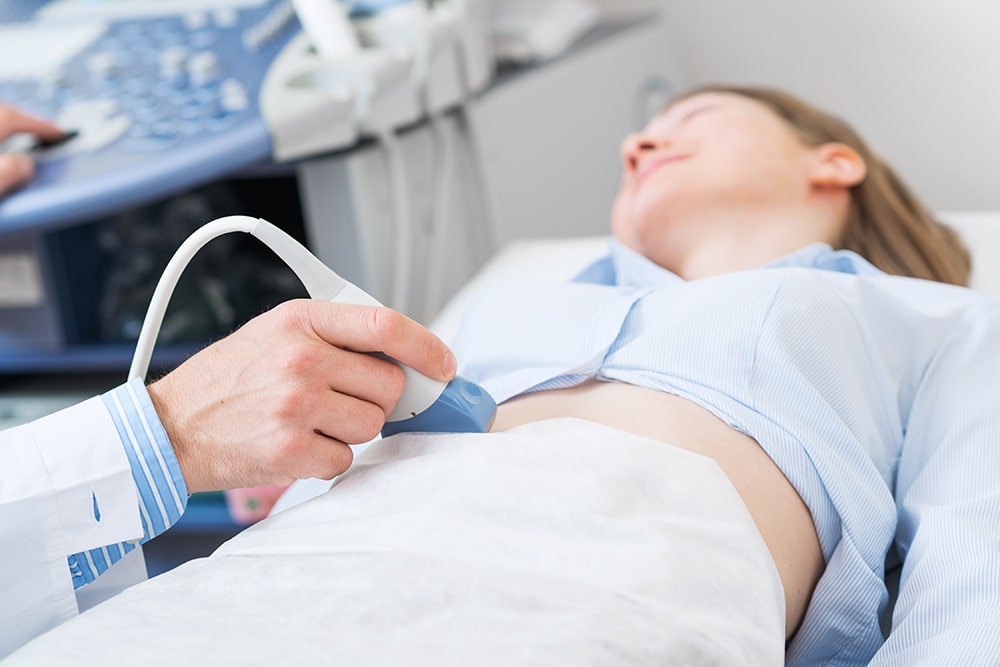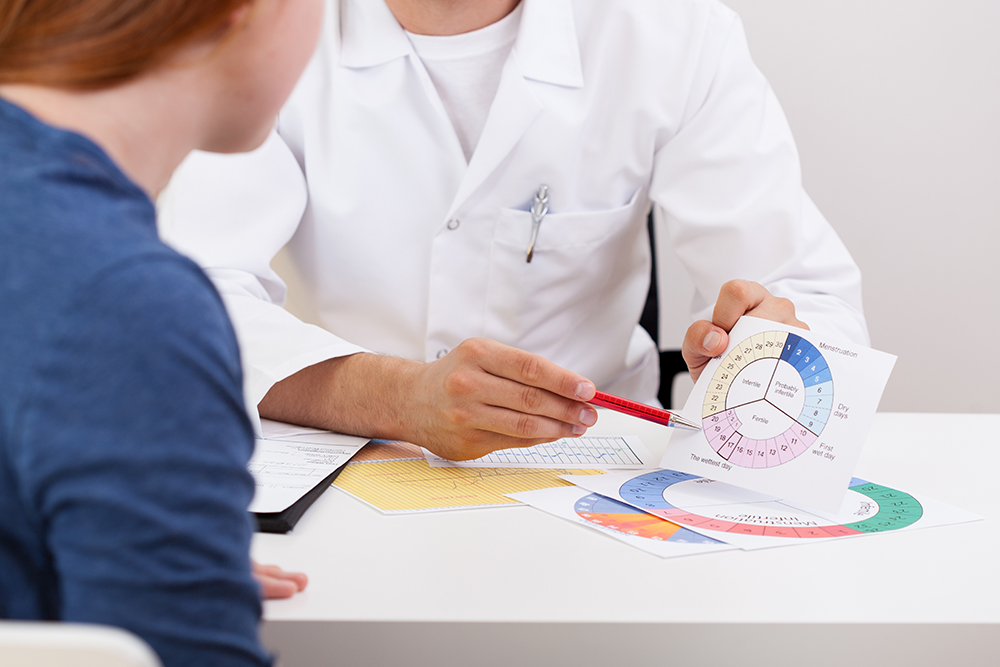Non-invasive fetal genetic prenatal screening is used to screen for fetal chromosomal aneuploidy, such as "Down syndrome" (commonly known as "T21"), "Edward's syndrome" (commonly known as "T18"), "Batao Syndrome" (commonly known as "T13") non-invasive prenatal fetal genetic screening method.
Non-invasive fetal DNA prenatal screening (Nifty Pro/safeT21 express)
Nifty Pro and safeT21 express are both non-invasive fetal DNA prenatal screening that are well known in Hong Kong. Since the chromosomes in the fetal cells contain genetic information, and during pregnancy, the fetal chromosomes will be released into the maternal blood circulation. Therefore, only by drawing 10ml of blood from the mother, the free genes of the mother and BB can be analyzed by gene sequencing technology. In-depth sequencing and bioinformatics analysis of the sequencing results. After the analysis, the genetic information of BB can be obtained, including "Down syndrome in early pregnancy" (T21), "Edward's syndrome" (T18), "Patau syndrome Syndrome" (T13), sex chromosome anomaly related information and microdeletion related analysis.
Whether it is Nifty Pro or safeT21, each has its own advantages, parents-to-be can choose according to their own wishes and then inform your obstetrician and gynecologist
NIPT Procedures:
- An ultrasound examination to measure the size of the fetus and determinate the pregnancy
- Blood taking from pregnant women for assessment
Advantages:
- High detection rate (>99%) for common chromosomal abnormalities
- Non-invasive ultrasound examination is safe to the fetus
- Screening result not affected by maternal age
- Early detection, the test can be performed as early as 10 weeks of pregnancy. The turnaround time for test is 5-8 working days
- If the fetus is confirmed with Down's syndrome, there is still enough time to consider management options
- If termination of pregnancy is chosen for an abnormal fetus, it carries less risks to the women when performed in early pregnancy
“Positive” results:
Do not 100% confirm that the fetus is affected with chromosomal abnormality. There is a chance of a false positive result. So, positive test results should be confirmed by Amniocentesis or Chorionic Villus Sampling.
“Negative” results:
The chance of baby confirmed with Down's syndrome(T21), Edwards syndrome(T18), Patau syndrome(T13), sex chromosomal abnormalities and common microdeletion syndrome is very low. But this is only screening test, other abnormal condition should be confirmed by amniocentesis or chorionic villus sampling if needed.
First trimester combined Down's syndrome screening
First trimester combined Down's syndrome screening is a screening method performed at 11-14 weeks of pregnancy. The following parameters are obtained to calculate the risks of having a Down’s fetus for each individual woman:
- The woman’s age
- Her serum level of pregnancy-associated plasma protein-A (PAPP-A)
- Her serum level of free beta human chorionic gonadotropin (free-beta hCG)
- Thickness of the fetus neck-fold (nuchal translucency thickness)
Advantages of first trimester Down's syndrome screening :
- High detection rate (~90%) for common chromosomal abnormalities
- Non-invasive ultrasound examination is safe to the fetus
- Suitable for women of any age
- It can be performed in early pregnancy and hence there is plenty of time to further confirm the results be positive
- If the fetus is confirmed with Down's syndrome, there is still enough time to consider management options
- If termination of pregnancy is chosen for an abnormal fetus, it carries less risks to the women when performed in early pregnancy
“Positive” OR “Increased risk” results:
Do not mean that the fetus is abnormal. It only means that further invasive tests, such as amniocentesis or CVS, need to be considered to confirm whether the fetus is normal or has Down's syndrome.
“Negative” OR “Low risk” results:
It means that the chance of the fetus suffering from Down syndrome (T21) is lower than that of a 35-year-old pregnant woman, but it does not mean that the fetus must not have Down syndrome (T21) or other chromosomal abnormalities.
Contact us
If you are interested in learning more about our non-invasive fetal genetic prenatal screening (Nifty Pro/safeT21 express) and other obstetrics and gynecology services, you are welcome to (+96025125. We would be happy to provide you with further information and address any inquiries you may have.



